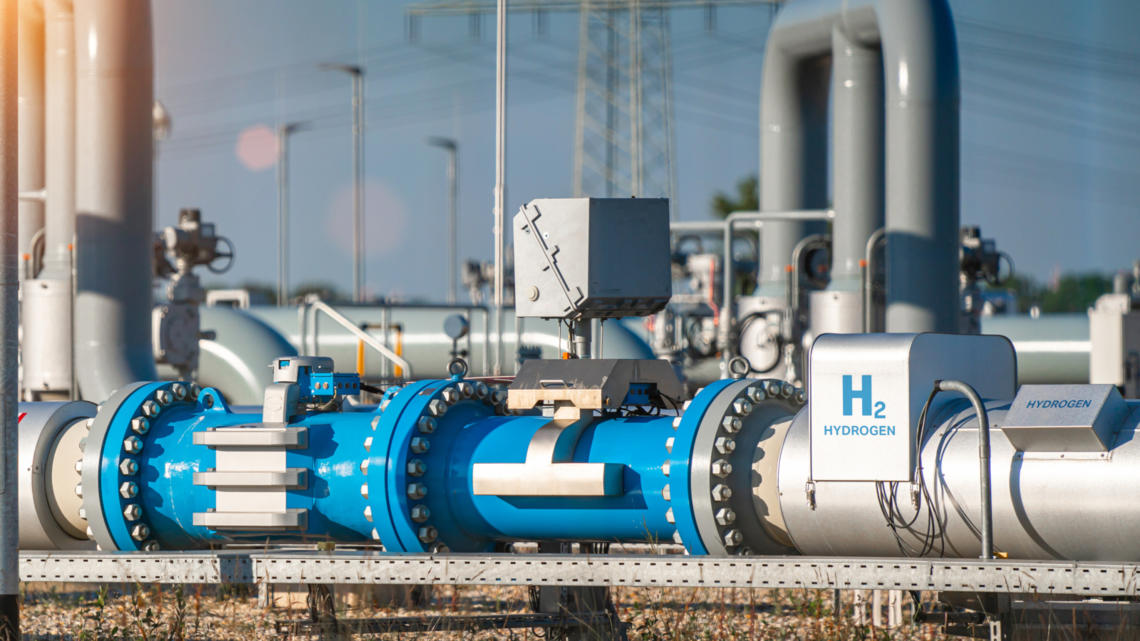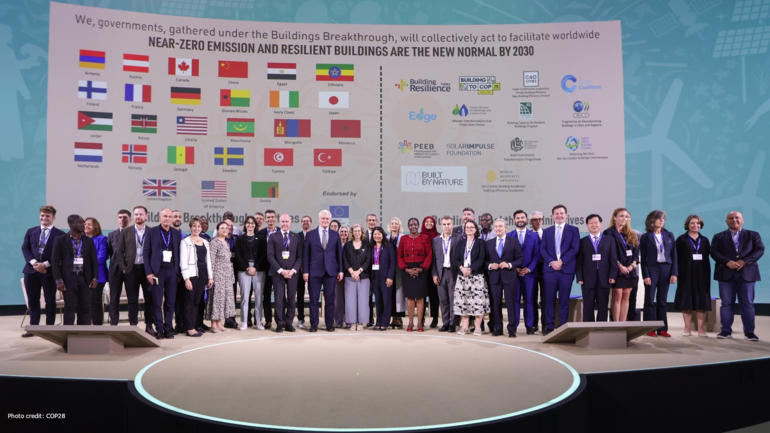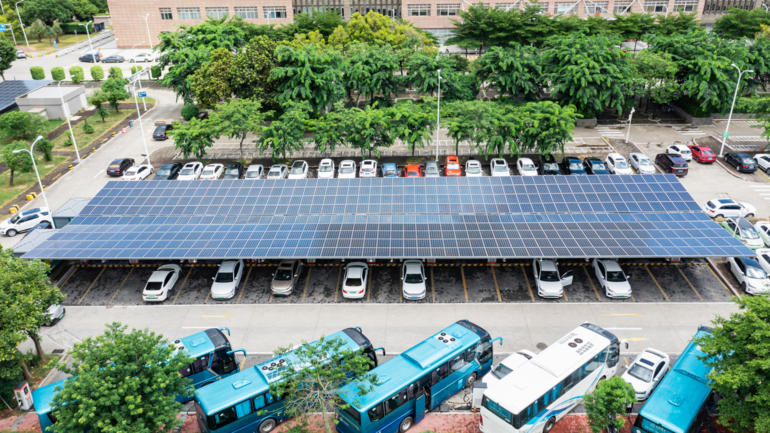Rotterdam, World Hydrogen Congress, 12 October – The World Business Council for Sustainable Development (WBCSD) and the Sustainable Markets Initiative (SMI) today announced additional pledges from six companies that are committed to scaling up decarbonized hydrogen in their operations, raising the total number of companies who have already joined the H2ForNetZero initiative up to 34.
The new companies include Arcadis, DNV, Octopus Hydrogen, Port of Rotterdam, Topsoe and the University of Birmingham, representing different sectors from industry and shipping to consulting, education, quality assurance and risk management.
Launched in 2021 at COP26 in Glasgow, UK, H2ForNetZero aims to increase market confidence in the growth of decarbonized hydrogen by 2030 and accelerate the use and production of hydrogen as an essential part of the future net-zero energy system. Hydrogen can help diversify energy sources worldwide and decarbonize high-emitting sectors where electrification is not an option, such as steel or heavy-duty mobility. It can be beneficial for both the energy system and end-user applications (e.g., transport and high-temperature heat industry), making it a key solution for the energy transition.
One of the new pledgers will act on the supply side by committing to own and operate an installed capacity of 1 GW of electrolyzers globally by 2030. These will be powered by renewable energy, amounting to roughly 200 tonnes per day of ultra-low carbon hydrogen production.
All six new companies pledge to support the development of a hydrogen economy by:
- implementing carbon reduction solutions and zero carbon technologies,
- building manufacturing facilities to produce highly efficient electrolyzers,
- bringing to market software for electrolysis optimization,
- developing new materials and processes,
- providing independent technical expertise regarding the carbon intensity of projects,
- offering education and training.
As per its latest report released in September 2022, the Hydrogen Council, a global CEO-led initiative with the ambition to foster the clean energy transition with hydrogen, calls for an urgent move from project proposals to final investment decisions (FIDs). Both governments and industry need to act to implement immediate actions, particularly to enable demand visibility, increase supply chain capability and capacity and advance projects toward FID.
The pledges announced today contribute to growing market signals by 2030, putting forward a wide range of engagement and actions across sectors to deploy hydrogen with the lowest possible carbon intensity.
Peter Oosterveer, CEO of Arcadis, said, “Arcadis have been heavily involved and a strong sponsor within the WBCSD Hydrogen working groups, supporting the workstreams of “1.5 aligned hydrogen investments” and “Hydrogen Policy Instruments” to advance the adoption of hydrogen with the lowest possible carbon intensity across industry. With European energy security challenges and rising fossil fuel costs contributing to the cost-of-living crisis, supporting the rapidly accelerating hydrogen sector is essential for decarbonizing our industries and averting our reliance on fossil fuels.”
Will Rowe, Founder and CEO of Octopus Hydrogen, added, “Octopus Hydrogen is committed to making the green hydrogen market a reality. The best answer to the fossil fuel crisis is to accelerate the transition away from them. We know that collaboration and shared determination across sectors will speed this up. And by turning our combined ambitions into action, it's possible to make real progress towards net zero.”
In addition to coordinating the H2ForNetZero pledges, WBCSD also leads discussions to identify the most appropriate policy instruments to boost the demand in hard-to-abate sectors (steel, mobility, high-temperature heat and refining). We also develop investment guidelines to ensure existing and new hydrogen projects remains aligned with a 1.5 scenario.
If you are interested in joining or learning more about our work, please contact Celine Le Goazigo, Manager, Energy.








